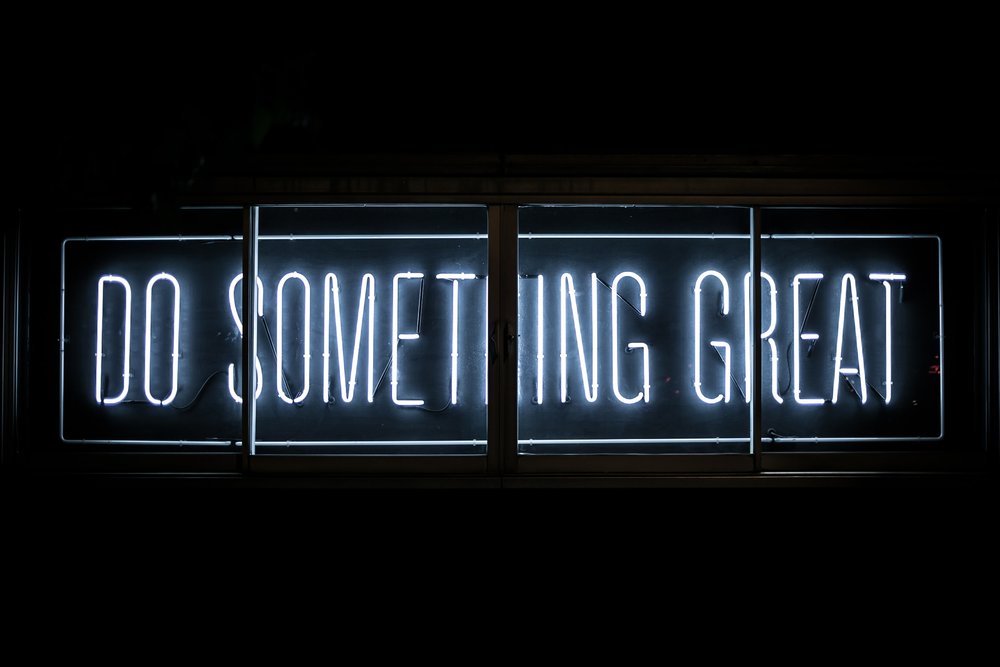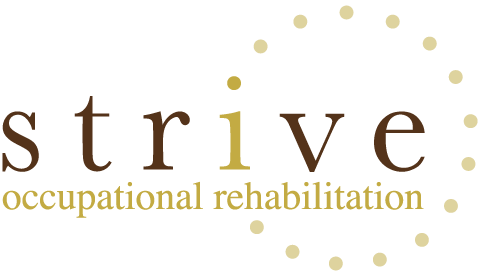
We have all heard of the “Great Resignation” but what I think people are actually asking themselves is, “is work, working?”.
Arianna Huffington has repositioned it as the “Great Re-Evaluation.” According to Microsoft research, more than 40 per cent of workers globally are considering giving their jobs the sack this year. In the US alone, 4.3 million people quit their jobs in August 2021, according to the latest US Bureau of Labor report.
Before you hand over that resignation, perhaps consider some concerns I have about this approach.
What I see regularly play out in the lives of people that I am working with, is that they recognise that work is not working for them and then go immediately toward action – the “Resignation” – and miss the important “Re-evaluation “phase. Don’t get me wrong, I am all for people recognising when there is a problem. So often, I think we sleepwalk through our life without being active in our own lives.
As an Occupational Therapist I am acutely aware of the importance of how we spend our time and let’s face it most of us spend a lot of our time at work. In fact, I know that the way we spend our time , when we get this choice right can be therapeutic. My concern lies with moving immediately into the action phase when we have identified that work is not working. We have a scattergun approach. People make loads of changes – some big, some small -but they often make these changes without any real assessment of what they are trying to address; they don’t ask themselves what is it about work that is not working for them. Without this type of consideration, I see it as all too possible that the changes you make which may include “the Great Resignation” may not solve the problem and you might end up in another situation where work is not working for you.
I believe that understanding what has gone wrong is not instinctive and changing what hasn’t been working often demands real focus and planning. You need a framework to assess where the gaps are prior to building, or perhaps rebuilding, a healthy and safe relationship with work. The framework that I use that outlines the core drives for health and wellbeing in the workplace is M.A.G.I.C. This acronym essentially describes the simple, human systems that make work, work. So often when I get called in, whether to work with an individual person or a team, I hear of things just not having “been right” for quite some time. But there had been no ”Re-evaluation”, no time for pause, no review for the individual or in the case of teams for the wider company culture, and no consideration that it might be time to take stock, to reflect before changing course.
M.A.G.I.C. provides this framework both for teams and individuals, and can be implemented at any and in fact every stage of a person’s life cycle at an organisation, right from the time they apply for the job until they leave.
So what is this M.A.G.I.C? M.A.G.I.C. is the acronym for the principles that I have identified as missing from most people’s working lives by the time I get called in: Meaning, Authenticity, Ground Rules, I, and Curiosity.

M.A.G.I.C. also makes sense as all magicians know that “magic”—the kind that leaves people feeling like they’ve witnessed the impossible—isn’t something that “just happens.” The ability to wow an audience and pull rabbits out of hats is actually the result of dedicated practice. It also means following a specific formula in an ordered and consistent manner whether you are a member of a team or someone who leads a team (or perhaps somewhere in between).
I believe it is time to “Re-evaluate” and reimagine our relationship with work and consider that rather than draining us and depleting our health which so often people describe to me, work can actually contribute to our health and well-being. Over the next couple of months, I am going to take you through exercises that allow you to consider each of these factors and develop an action plan to address those areas where there are gaps for you.
Before we begin, I have a quick quiz for you to take that will highlight the areas that you need to focus on. You might be working through this for yourself or perhaps you will be thinking of how this applies to your team. It will give you an idea of which part of the M.A.G.I.C framework is missing for you.
And if you are a business owner or you manage a team and you are wanting to avoid the “Great Resignation” at your workplace, it is important to remember that when we establish systems in our workplaces that support people’s health and wellbeing, not only do they do well individually, but we also do well as a business. When we and our team members are thriving, business thrives. When teams are made up of people who are uninspired and depleted, it is hard to imagine that they are able to progress through their business goals. So everyone benefits from introducing a little M.A.G.I.C!
To find out more visit sharondarmody.com

 Strive’s Manufacturing Healthy Minds Program a 2022 PIEF Conference Award Finalist
Strive’s Manufacturing Healthy Minds Program a 2022 PIEF Conference Award Finalist